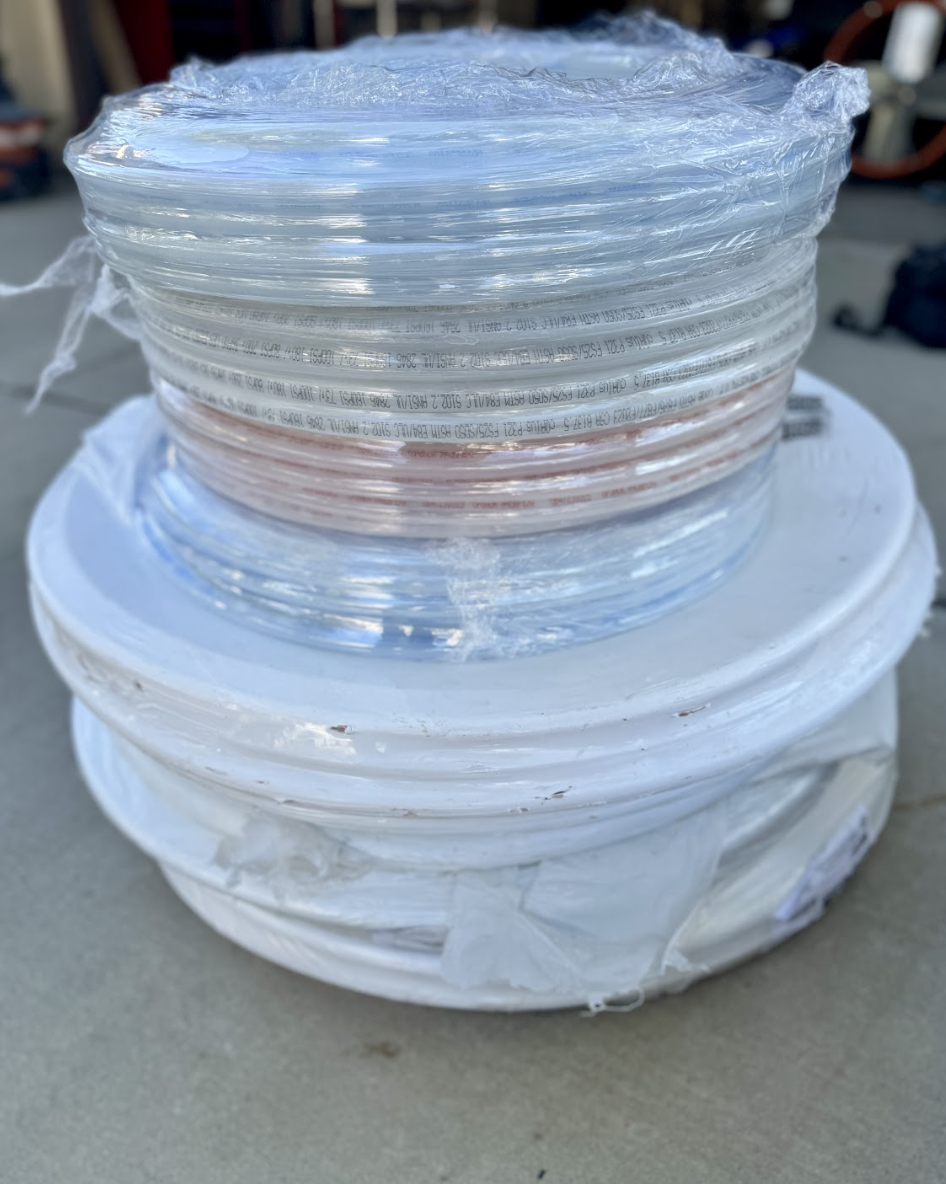Gas repiping might appear complex, but understanding the basics can simplify the process. Hard pipe plays a crucial role in ensuring the safety and efficiency of your home’s gas system. This guide explores what hard pipe entails, its role in gas repiping, and its significance in maintaining a reliable gas supply.
What is Hard Pipe?
Let’s start with the basics: what is hard pipe? Hard pipe denotes rigid metal pipes utilized in plumbing and gas systems, commonly crafted from materials such as steel (galvanized pipes). These pipes are engineered to withstand high pressure and temperature conditions. Unlike flexible alternatives like CSST (corrugated stainless steel tubing), hard pipes maintain their shape and integrity without bending or flexing.
Why Use Hard Pipe in Gas Repiping?
When it comes to gas repiping, hard pipe offers several advantages over other materials:
- Durability: Hard pipe earns renown for its longevity and resistance to corrosion and damage, ensuring the long-term integrity of your gas system.
- Safety: Gas systems require pipes that can safely withstand high pressure and temperature conditions. Hard pipe delivers the necessary strength and stability to securely contain pressurized gas within your home.
- Versatility: Hard pipe comes in diverse sizes and configurations, making it suitable for a wide range of gas repiping applications—from replacing a single section to installing an entirely new system—offering the flexibility to meet your needs.
The Importance of Proper Installation with Gas Repiping
While hard pipe offers numerous benefits, it’s essential to ensure proper installation to maximize its effectiveness and safety:
- Precision Sizing: Hard pipe demands precise sizing to uphold proper gas flow and pressure in your home’s system. An experienced plumber meticulously calculates pipe dimensions to meet specific requirements.
- Secure Fittings: Properly securing pipe fittings is crucial to prevent gas leaks and maintain system integrity. Professional installation techniques, such as soldering or threading, guarantee secure connections between pipe sections and fittings.
- Code Compliance: Gas repiping must follow local building codes and regulations to ensure safety and legality. Collaborating with a licensed plumber familiar with these requirements is essential to prevent costly errors and ensure compliance with codes.
Conclusion
Hard pipe plays an essential role in gas repiping by ensuring durability, safety, and versatility to maintain a reliable gas supply at home. Understanding its basics and importance in gas repiping enables informed decisions to ensure the long-term safety and efficiency of your gas system.


Add Comment